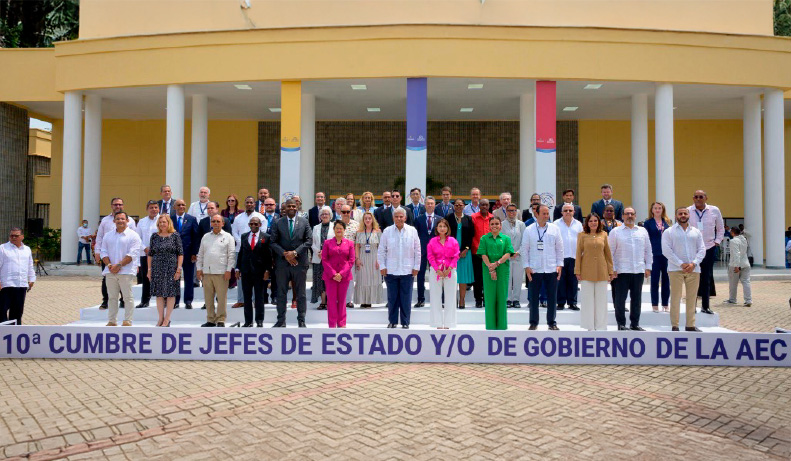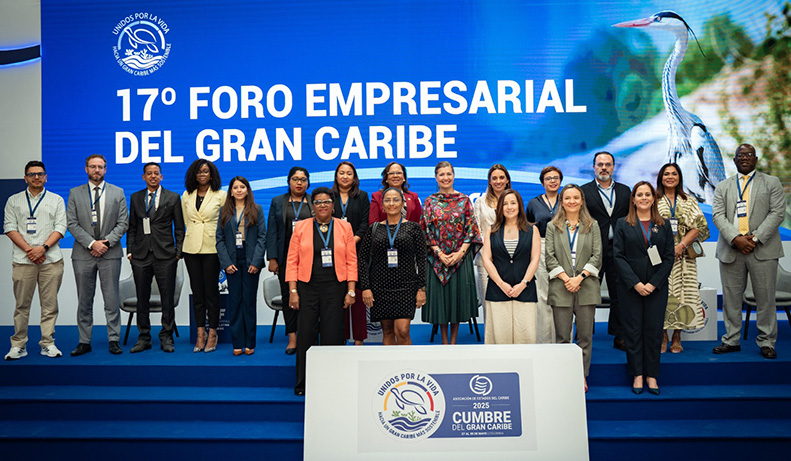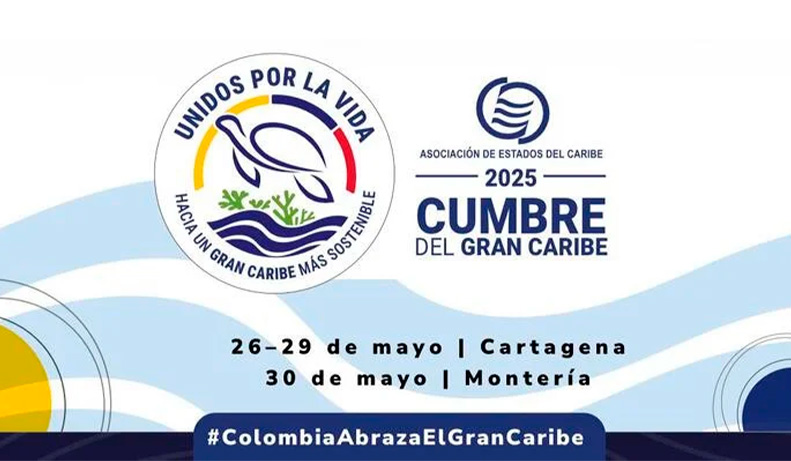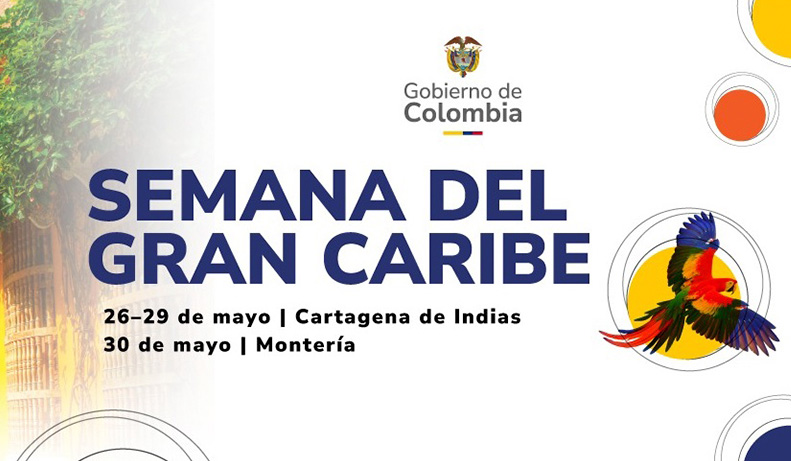La Cumbre del Gran Caribe 2025 reunirá a Jefas y Jefes de Estado y/o de Gobierno, líderes de alto nivel, actores estratégicos y organizaciones internacionales para construir consensos y trazar el camino hacia un futuro común sostenible.




«Unidos por la vida: hacia un Gran Caribe más sostenible»
Este encuentro reafirma el compromiso de los Estados Miembros de la Asociacion de Estados del Caribe (AEC) con la paz, la integración regional, la cooperación y el multilateralismo como pilares esenciales para avanzar hacia el desarrollo sostenible del Gran Caribe. En este espacio de alto nivel se abordarán temas estratégicos como la integración económica, la conectividad regional, la transformación digital, la justicia climática, la protección del Mar Caribe y la economía azul, con el propósito de impulsar decisiones políticas que conviertan estos temas en herramientas efectivas para mejorar el bienestar y garantizar condiciones de igualdad.
En un momento decisivo para el mundo y para la región, esta Cumbre reafirma que el desarrollo del Gran Caribe debe estar centrado en las personas, apostando por un modelo inclusivo, justo y orientado al bienestar de sus pueblos. Los acuerdos alcanzados serán clave para consolidar al Gran Caribe como una región integrada, estratégica, de paz y con voz propia, capaz de liderar soluciones comunes frente a los desafíos globales.











